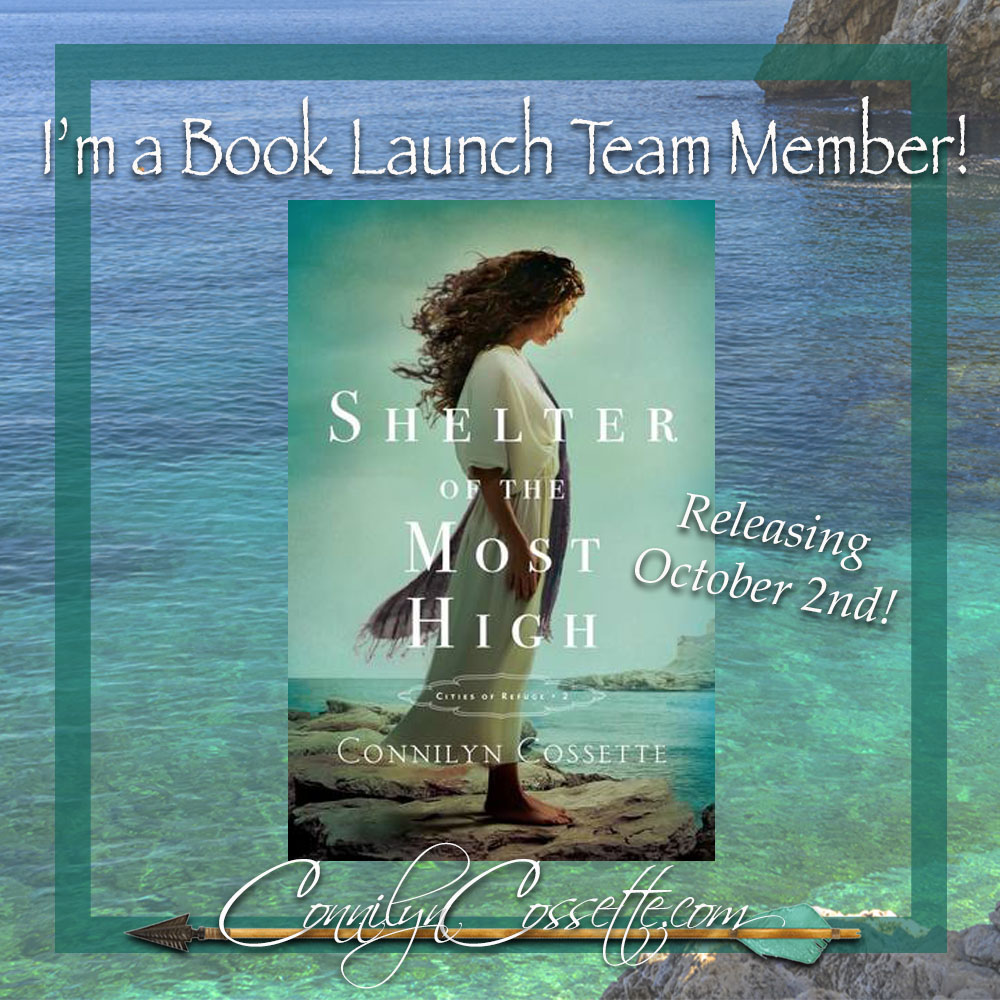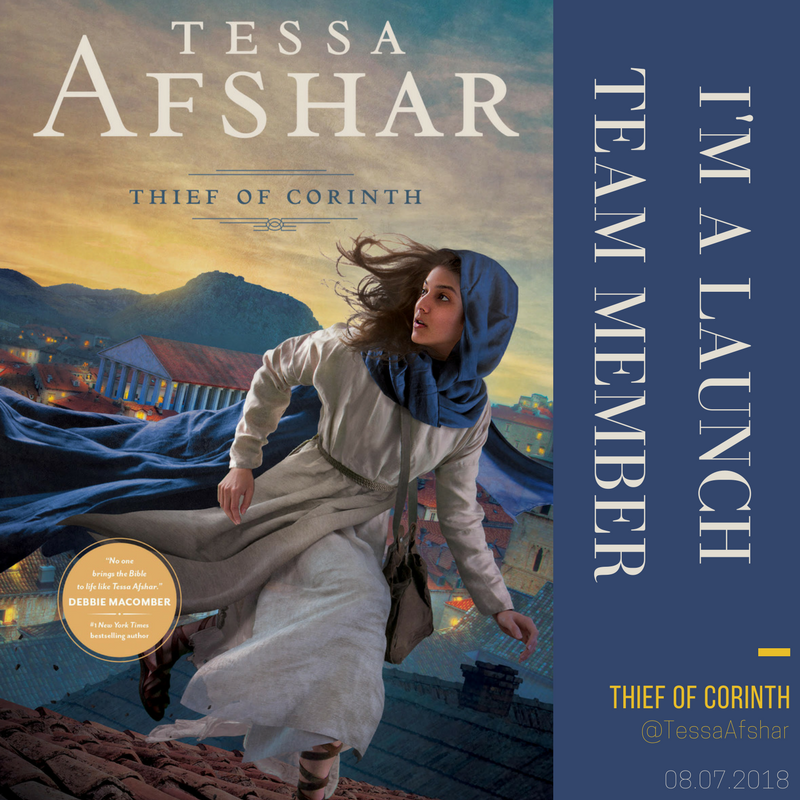
Okay, bear with me, cause I’ve got some ‘splainin’ to do! This week’s Top Ten Tuesday topic from the girls at The Broke and the Bookish is ‘Top Ten Books I Want My Future Children to Read’. When I started thinking about what books I would include, I came up with all the usual candidates that have already appeared on previous Top Ten lists, many of them more than once: Winnie The Pooh, Beatrix Potter, The Chronicles of Narnia, Anne of Green Gables, The Hobbit, and so on. I love these stories and other children’s classics, but I wanted to do something a little different; hence my modified title: Books for Classically Educated Kids.
The first question you may be asking is, “What is a classically educated kid?” Super briefly, it describes the philosophy behind education, the structure of the education, and the content of the education.
Philosophically, the aim of a classical education was to teach students how to think and what to do (as opposed to our modern education, which tends to teach children what to think and how to do). Thus, a classical education culminated in the study of logic (the science of thinking) and rhetoric (the science of expressing yourself).
Structurally, it divided education into three stages: the grammar stage (fact learning), the logic stage (beginning to think, question, and make connections), and the rhetoric stage (learning to express).
Content-wise, a classical education had as its foundation the study of the Latin and Greek languages, and a study of classical civilization, in particular the Greeks (the philosophical and literary archetype), the Romans (the practical and political archetype), and in the case of modern Christians who have adopted this method of education, the Hebrews (the spiritual archetype). It also studies the great literature of Western Civilization, from Homer right through to C.S. Lewis and beyond. That’s more than 2,500 years of literature, people! All of this forms a foundation for understanding the entire history of Western civilization and human nature in general. It was the education of the Christian middle ages, the Reformers, the Puritans, America’s founding fathers, and the majority of educated people in Western Civilization up until the middle of the twentieth century.
Have I completely overwhelmed you yet? Stay with me! As a homeschooling mum, this is the education I want for my children. And when it comes to introducing my kids to some of the great stories and literature of Western Civilization, I wanted to start young. And so my list today is focusing on those resources that I have collected in order to introduce my kids to these works in a more child-friendly format:
The Bible
Learning the Bible takes a number of different forms in our household, but when it comes to learning the stories of the Bible, this is one of my favourite versions. Nothing captures children’s imaginations like a good story, and this particular edition is thorough in content and has great illustrations as well.
Aesop’s Fables
The Hare and the Tortoise and The Boy Who Cried Wolf are just two of Aesop’s more famous stories. The best thing about these stories is how short they are! This particular edition has a smaller selection of the fables than some, but it is also one of the more nicely presented options.
Ancient Myths & Legends
Myths and legends still permeate so much of our culture, from our language (titanic, herculean, atlas, Pandora’s box, Trojan horse, Midas touch, Achilles heel) to our arts (both performing and visual), but they also highlight the basic virtues and vices of human nature. And from a Christian perspective, it’s an interesting exercise to contrast man-made gods with the God of the Bible.
Ancient Classics
My kids have loved the first two of these books, and I’ve recently ordered a second-hand copy of the third. These are great for introducing kids to some of the oldest stories we have: Homer’s The Iliad and The Odyssey, and the slightly later Roman story of The Aeneid.
Medieval Myths and Legends
These are just two of the offerings from Marcia Williams’s comic-style books. We don’t have these two yet, but I’m keen to get them, as my kids have really enjoyed her Don Quixote retelling. What is it about kids and comics?
Shakespeare
If you’re wanting to introduce your kids to Shakespeare, these are great for middle- to upper-primary (elementary) aged kids. The pictures are gorgeous, and the stories retain the elegance of Shakespeare’s language without being too difficult for children to understand.
Story of the World
If you’re reading this blog, chances are you love stories. Personally, I think there’s no better way to learn than through story. Yeah, there are a few subjects that don’t naturally lend themselves to learning through story, but history is certainly not one of them. This series covers the history of the world chronologically in engaging, bite-sized chunks.
It’s not ten by any warping of the imagination, but these are some of my top picks for classically educated kids. Not that you have to be classically educated to enjoy them, of course!
























Wonderful list! We have The Story of the World on CD and have enjoyed listening to it in the car.
LikeLiked by 1 person
I’m wondering whether to get the audio. We’ve just got the books at the moment, but it would be great to be able to just put the audio on and listen to it. Do you enjoy the narrator? I haven’t been able to find a sample to listen to.
LikeLiked by 1 person
We do enjoy being able to listen and the narrator does a fine job. We have listened to it twice now, and my son has been asking to listen again.
LikeLiked by 1 person
Yes, I agree that kids should be familiar with Aesop’s Fables. I still see references to them in all sorts of different places: books, articles, TV shows, etc. It’s important to understand these references as an adult.
Here is our Top Ten Tuesday. Thank you!
LikeLike
What a fascinating post. I like how you took the prompt outside of the box.
LikeLiked by 1 person
Thank you!
LikeLike
My daughter is the academic dean at a classical Christian academy. I’m alerting her to your useful list, and thank you!
LikeLiked by 1 person
I’m honoured! Thank you. 😊
LikeLike
I love your twist on the topic! If I had kids, I’d read them lots of myths and fairytales. Great list!
LikeLiked by 1 person
Thanks! My kids love the myths!
LikeLike
I believe that Alan Lee, the man who illustrated the Odyssey book, might be the same person who has done the illustrations for a lot of Tolkien’s work. I wonder if they have a kids edition of Beowulf. That would be amazing.
LikeLiked by 1 person
Yes, you’re right about Alan Lee. 🙂 I know of this version of Beowulf: https://www.amazon.com/Beowulf-Michael-Morpurgo/dp/0763672971/ref=sr_1_20?ie=UTF8&qid=1511251790&sr=8-20&keywords=Beowulf but I don’t know how good it is because I’ve never seen a physical copy.
LikeLike
Pingback: Weekend Book Buzz – 18/19 November 2017 | Fiction Aficionado
Pingback: Top Ten Tuesday – Back to School | Fiction Aficionado